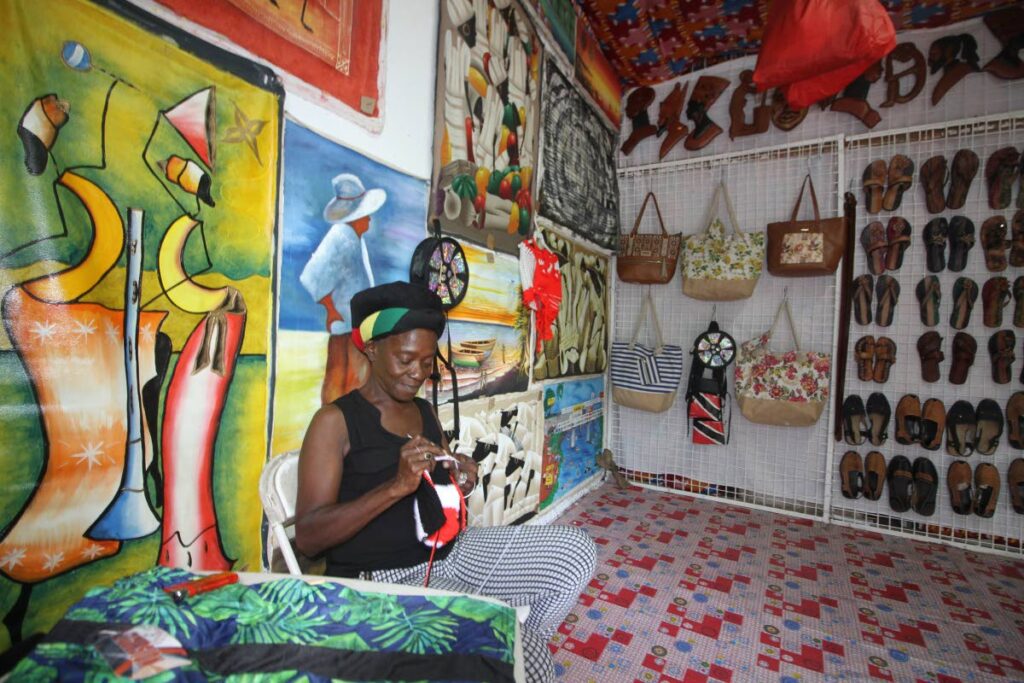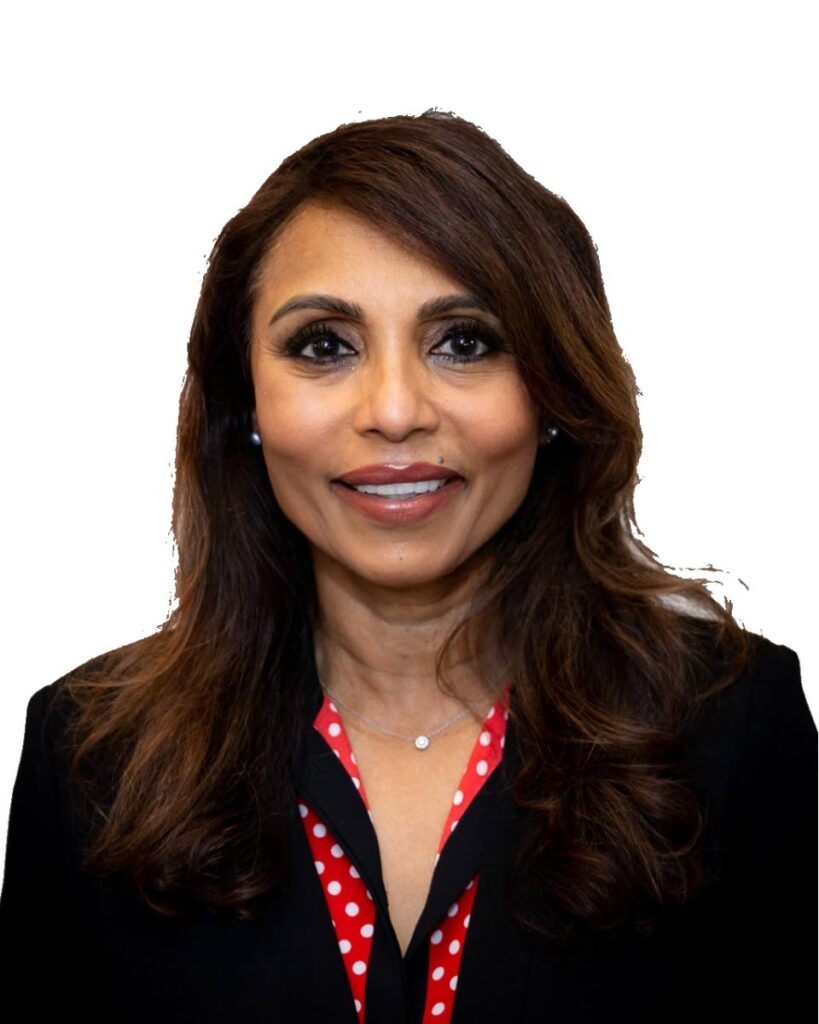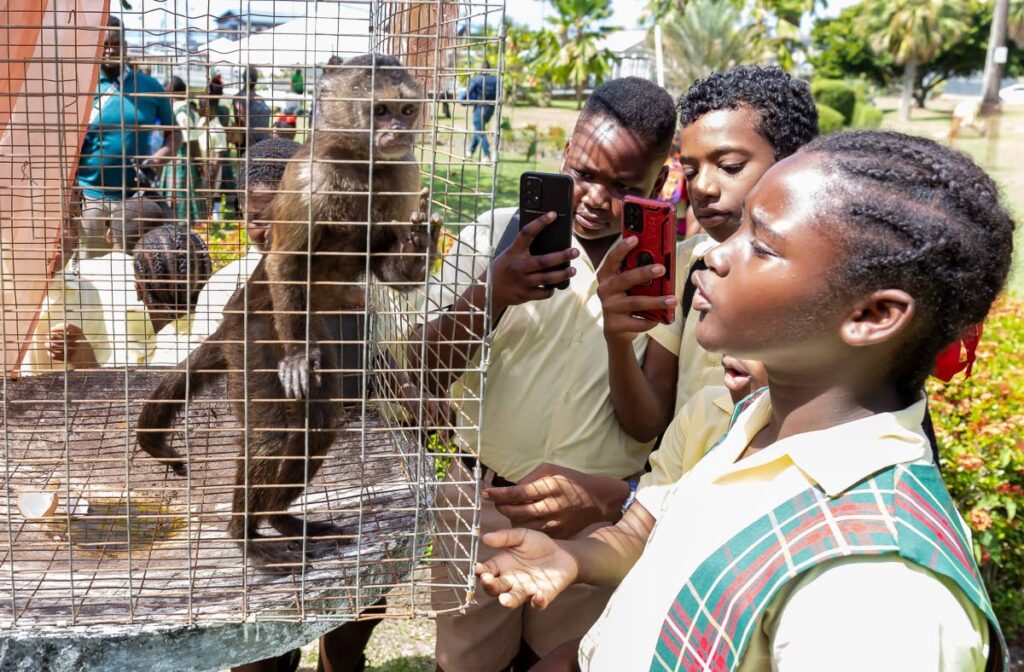Avasant in digital outreach to youths, women

Executive director and principal of the Avasant Foundation (AF) Chitra Rajeshwari is in TT to advance the NGOs efforts to provide education, employment, and entrepreneurship opportunities in the digital economy for youth and women. The US-based foundation is the social development arm of global management strategy firm Avasant.
In a Zoom interview with Business Day, Rajeshwari said the foundation, through its digital skills and sustainable development goals alignment certificate programmes, has been successfully offering similar opportunities to young people in Guyana and The Bahamas. As part of its global outreach mandate, the foundation's head is in TT to explore the possibility of launching the programme here.
“These programmes are necessary in the Caribbean region as corporate businesses are expanding their presence there and a digital talent pool is a must,” Rajeshwari said, adding that the programmes are in keeping with the AF's mission "to improve lives and communities by empowering youth in emerging economies through education employment and entrepreneurship and on boarding them into the digital economy."
Rajeshwari said before rolling out its digital skills programme in any country, AF does a needs analysis to understand the environment of the country in which it would be operating – factors like the types of jobs available, the economical climate, the unemployment rate.
"We take all that into consideration when we create the curriculum for the training."
The programme is open to young people 18-26 and each cohort is limited to 30 students.
"But we do sometimes extend it to age 32, especially single mothers...Sometimes we push the number of students we accept to 35 because we get so many applications."
She said each cycle can run from three and a half to four months depending on the country.
"Three days a week, three hours a day so students have sufficient time on the other days to study and do the assessments. The pace is not super fast and inundating because some of them will have jobs to sustain themselves, some may be single parents. We want to be respectful that we give them enough time to learn and succeed."

The criteria for acceptance into the programme, Rajeshwari said, is somewhat rigid in order to attract young people from underserved communities "who have that fire in their bellies but do not have the means to pursue higher education." She said because the foundation is part of a corporate organisation, it does not accept students who are mentally ill or have been incarcerated.
"Our programme is for young adults who have completed high school, are fluent in English and understand the basics in mathematics."
Applicants must have a national ID, access to a computer and internet access.
"For some of our programmes we offer computers."
And while the main modules focus on digital skills, the training also includes soft skills such as communication, sales and marketing, customer service, time management and emotional intelligence.
"Then we dive into digital skills. We start with fundamentals then we do Microsoft Office 365 suite, UX design, project management which is relevant in any industry. We do modules like data analytics, master data management, web design and development, mobile application. We also include entrepreneurship training to promote methods of self-employment. Depending on the country and it’s needs we create a curriculum to suit that country."
AF partners with local universities and colleges, whose staff it contracts to facilitate the training, based on the AF structure.
"The local people know the people, they know the culture, so we can’t just come from a corporate entity and dictate. We give them our IP, we give our structure and they handle the students. That adds to the success of the programmes."
She said since 2011, the foundation has been growing its footprints globally, including the Latin American and Caribbean regions.
"The focus is how we can retrain the youth in the country so that it enables the growth of the economy."
She said following the hit taken by tourism-dependent The Bahamas from Hurricane Dorian in 2019 and the serious blow by the covid19 pandemic in 2020, AF was brought in by the Inter-American Development Bank LAB to help the workforce, especially the unemployed in digital skills and,"...of course enabling the micro and small business owners on digital technologies and taking the brick and mortar stores to having a digital visibility as well. Both of these programmes (in Guyana and The Bahamas) have been running simultaneously and have been extremely successful."

Prior to that, she said, the foundation had been running similar programmes in Jamaica, from which over 1,200 young people had graduated, and had had been invited to do a programme in Haiti.
She said because the AF is an arm of Avasant business entity, it is able to tap into the human resources of Avasant.
"So collectively, with our consultants, we have over 200 years of experience. And so as I plan the programme for respective countries, we reach out to Avasant colleagues to create the content," making it very practical and allowing students to easily apply the training to their jobs.
According to the foundation's 2022 annual report, since the training began in August 2020, over 300 candidates in Guyana have graduated, and about 95 per cent have gained employment. Seventy-five entrepreneurs have successfully completed the training and the programme now offers a pilot on artificial intelligence and machine learning. In The Bahamas, 220 candidates have graduated, of which 80 per cent are employed.


Comments
"Avasant in digital outreach to youths, women"